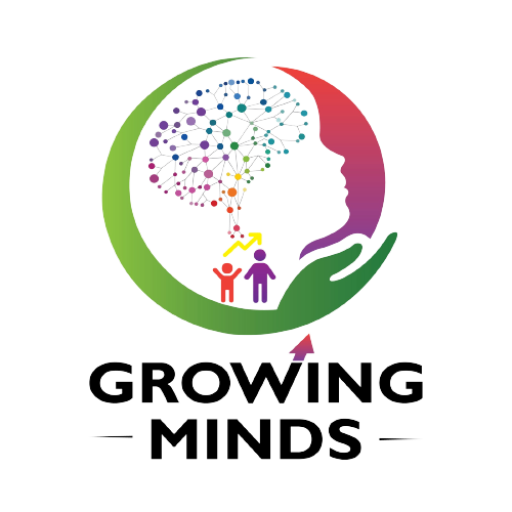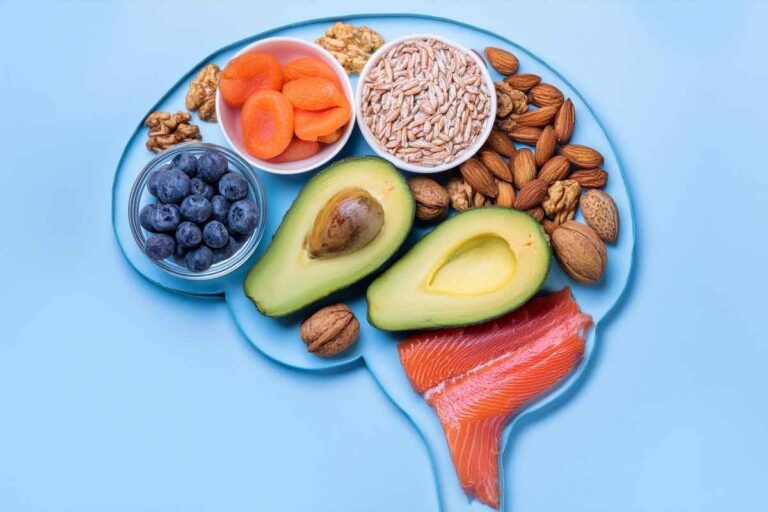
The Healing Power of Thankfulness: Thanksgiving Gratitude and Mental Wellness
As the season shifts and we prepare for Thanksgiving, a holiday centered on acknowledging the good in our lives, it’s an excellent time to consider the therapeutic benefits and interrelatedness of thankfulness, thanksgiving gratitude and mental wellness. At Growing Minds Mental Health Services, we believe that cultivating thankfulness is a powerful tool for enhancing mental well-being and resilience, not just during the holidays, but all year long.
Over the last decade, research into positive psychology has consistently demonstrated that the intentional, consistent practice of gratitude yields astonishing results. This simple mental shift, focusing on what you have rather than what you lack, has been shown to positively impact key areas of life, including: emotional well-being, interpersonal relationships, and physical health.
Thanksgiving Gratitude and Mental Wellness Supports Emotional Well-being and Resilience
One of the most significant benefits of gratitude is its profound effect on emotional health. Leading research by Robert A. Emmons, Ph.D., highlights that gratitude functions by magnifying positive emotions and actively blocking toxic, negative states such as envy, regret, and resentment, which are incompatible with a grateful mind¹. By reframing experiences through a lens of appreciation, individuals can build emotional resilience and gain a more positive outlook on life². This practice acts as a natural buffer, strengthening a person’s ability to cope with stress, anxiety, and depressive symptoms.
Thanksgiving Gratitude and Mental Wellness Deepens Relationships and Connection
Gratitude is fundamentally an interpersonal emotion. This is through helping people connect to something larger than themselves, whether it’s their community, nature, or a higher purpose. The simple act of expressing thanks functions as a “find, remind, and bind” mechanism helps to initiate new social ties. It also reminds us of the value of existing partners, and binds us more closely to our benefactors³. Sharing appreciation with a close partner, for instance, has been shown to improve perceptions of responsiveness and increase relational satisfaction⁴. This robust social support network fostered by gratitude is a crucial component of overall mental health and coping ability across all stages of life.
Thanksgiving Gratitude and Mental Wellness Impacts Physical Health
The mental benefits of gratitude often spill over into physical health. Grateful individuals tend to report fewer common physical symptoms, greater energy and vitality, and a stronger motivation to engage in healthy behaviors like exercise and routine check-ups⁵. Furthermore, a grateful disposition has been linked to better sleep quality, as it reduces negative pre-sleep thoughts and worry, allowing the body and mind to rest more effectively⁶. These physical improvements underscore the holistic, mind-body connection fostered by a thankful heart.
It was wordsmith William Arthur Ward who said, “Gratitude can transform common days into thanksgivings, routine jobs into joys, and ordinary opportunities into blessings.” At Growing Minds Mental Health Services, we encourage everyone, patients, families, and staff, to use this Thanksgiving season as a springboard. Try a simple gratitude journal, verbally express appreciation to a loved one, or simply pause to notice the small gifts in your day. Carrying a sense of thankfulness throughout the year is one of the most proactive steps you can take toward a healthier, more fulfilled life.
Need Extra Support This Season? Connect with Growing Minds.
If you find that holiday stress is overwhelming, our experts are here for you.
WE OFFER A FREE 30-MINUTE MENTAL WELLNESS CHECK-IN
Take a moment for yourself. Fill out this form today to claim a complimentary 30-minute session with a licensed professional at Growing Minds Mental Health Services to assess your stress levels and discuss personalized coping strategies for the holidays.
Contact us today to schedule your appointment and start your journey toward a calmer, more focused holiday season.
This article is for informational purposes only and is not a substitute for professional medical advice, diagnosis, or treatment. Always seek the advice of a qua
References
- Emmons, R. A., & McCullough, M. E. (2003). Counting blessings versus burdens: An experimental investigation of gratitude and subjective well-being in daily life. Journal of Personality and Social Psychology, 84(2), 377–389.
- Wood, A. M., Froh, J. J., & Geraghty, A. W. A. (2010). Gratitude and well-being: A review and theoretical integration. Clinical Psychology Review, 30(7), 890–905.
- Algoe, S. B. (2012). Find, remind, and bind: The functions of gratitude in everyday relationships. Current Directions in Psychological Science, 21(4), 258-263.
- Lambert, N. M., Clark, M. S., Durtschi, J., Fincham, F. D., & Graham, S. M. (2010). Benefits of expressing gratitude: Expressing gratitude to a partner changes one’s view of the relationship. Psychological Science, 21(4), 574-580.
- McCullough, M. E., Emmons, R. A., & Tsang, J. A. (2002). The grateful disposition: A conceptual and empirical topography. Journal of Personality and Social Psychology, 82(1), 112–127.
- Wood, A. M., Joseph, S., Lloyd, J., & Atkins, S. (2009). Gratitude influences sleep through the mechanism of pre-sleep cognitions. Journal of Psychosomatic Research, 66(1), 43–48.




